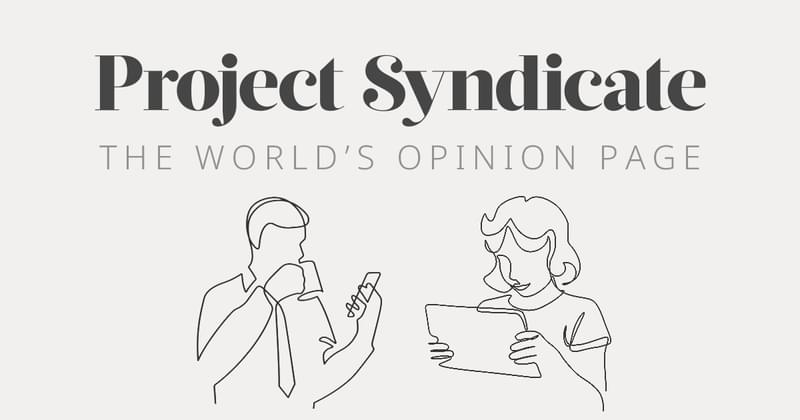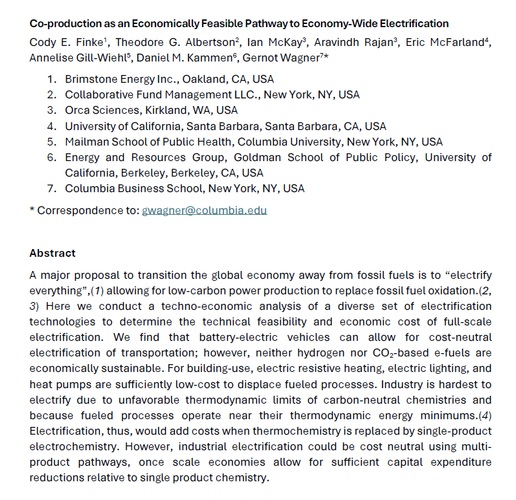WIRED: “How the Huge New US Climate Bill Will Save You Money”
By Matt Simon

It’s a stealthy way to encourage mass action on climate change: If homeowners across the US individually make their homes more efficient, collectively we’ll bring down carbon emissions, big time. A fifth of both national energy use and CO2 emissions come from homes. “What this bill does, in many ways, is at least as much psychology as economics,” says Gernot Wagner, a climate economist at Columbia Business School. “You have your average conversation with your contractor about: Wait, should I really be installing a gas boiler here, with gas prices pretty darn high?”
“The obvious thing to do,” Wagner adds, “is maybe spend a little extra today on stuff that literally pays for itself within months. So you can save 50 percent off your electricity bill if you insulate the place better.”
The Holistically Clean Home of the Future
So, putting that all together: The Inflation Reduction Act nudges consumers toward a more climate-proof American home, which is first of all better insulated to keep heat or cold either in or out. That will in turn require less energy to keep indoor temperatures comfortable (especially as heat waves grow more intense), and will make it more likely that the power comes from a renewable source like rooftop solar panels. It will also push people away from gas-powered appliances like furnaces and toward electric heat pumps, which is good because burning gas indoors is terrible for human health. “Insulate, insulate, insulate—electrify, electrify, electrify,” says Wagner, the climate economist at Columbia Business School. “And once all of that is done, you definitely also want to decarbonize the grid.”
Quoted in: "How the Huge New US Climate Bill Will Save You Money" by Matt Simon, WIRED, 16 August 2022.


